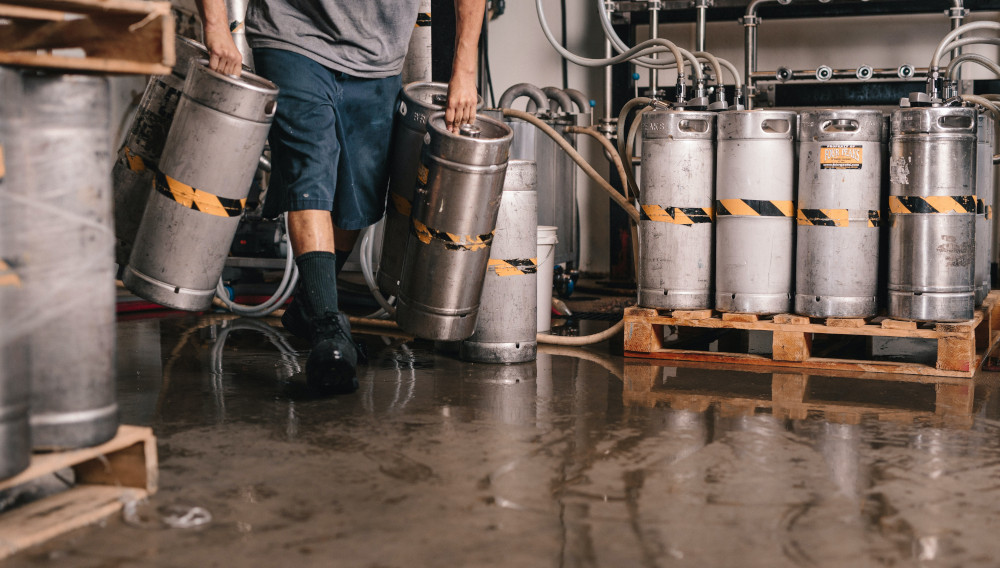Shortages of CO2 due to COVID-19 could restrict beer production
Global Data | Small scale breweries could run short of CO2 due to a significant shortfall of the production of this gas caused by the struggling oil industry.
Ethanol producers capture CO2 as a by-product and sell it on to beer and fizzy drinks manufacturers, who then use it for carbonation in drinks. However, the production of Ethanol – a key aspect of petrol production – has fallen sharply due to the ongoing lockdown and subsequent lack of demand for fuel. As a result, beer producers are racing to secure all available CO2 to ensure continued output levels, and craft and independent brewers may be left behind, according to GlobalData, a leading data and analytics company.
GlobalData’s forecasts and baseline data is revised weekly to account for the developing COVID-19 scenario; following this weeks’ adjustments, the company predicts that the global beer and cider industry will decline at a year-on-year value-growth of -4.98% compared to a pre-COVID-19 baseline forecast of 3.23%, between 2019-2020*. This is a direct result of the ever developing coronavirus related production issues.
Aaron Bryson, Consumer Analyst at GlobalData, comments: “The decline is linked to restrictions to foodservice channels, supply difficulties and consumers prioritising where they spend their money during the uncertain times.”
Significant shortfall
The already gloomy forecast for the beer industry could be further antagonised if the availability of CO2 is not improved. Richard Gottwald, CEO of the Compressed Gas Association, expects a significant shortfall in production within the next four weeks.
Bryson continues: “This is likely to create a real issue for an ever-growing number of small and independent breweries, who were riding the wave of consumer interest in craft and small batch alcohol. Bigger brands will be better positioned to deal with this shortage, with the scale and scope to bulk purchase and store large amounts of CO2.”
Furthermore, some large brands have the infrastructure to protect themselves from external shortages. A spokesman from the Carlsberg group, Kasper Elbjorn, explained how their sustainability program has enabled them to be almost self-sufficient in CO2 production.
The unforeseen consequences for the beer industry of falling petrol consumption highlights the interconnectedness of global supply chains and how one industry’s production restrictions and lower outputs can impact another.
Bryson adds: “One point of solace for beer manufacturers is that due to the national importance of oil industries, government intervention is likely. However, in the short-term, small scale breweries could be in real trouble. If the leading players in the market swallow up available CO2 volume, material costs will rise and more drastically, production levels could grind to a halt.”


